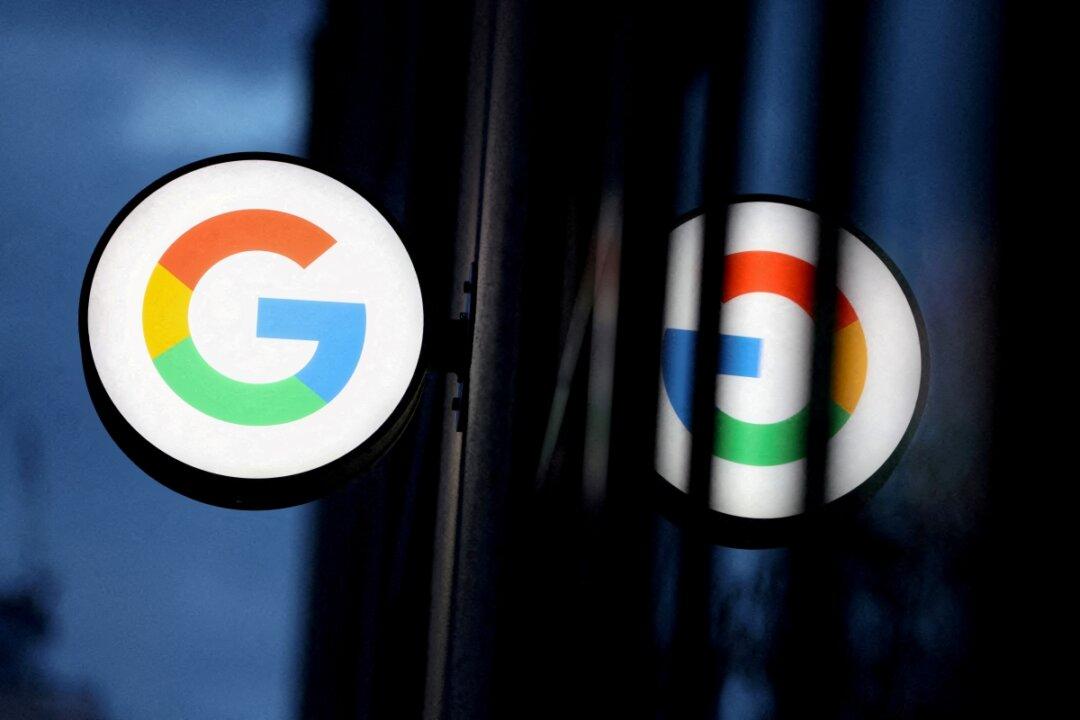Tech giants such as Google, Facebook, or Apple could face fines of up to 10 percent of their global turnover if they fail to comply with proposed pro-competition rules, the UK government said on Thursday.
The Department for Digital, Culture, Media, and Sport (DCMS) confirmed that the Digital Markets Unit (DMU)—the UK’s dedicated competition watchdog for online platforms—will be given statutory powers to enforce the “fair-play” rules.





